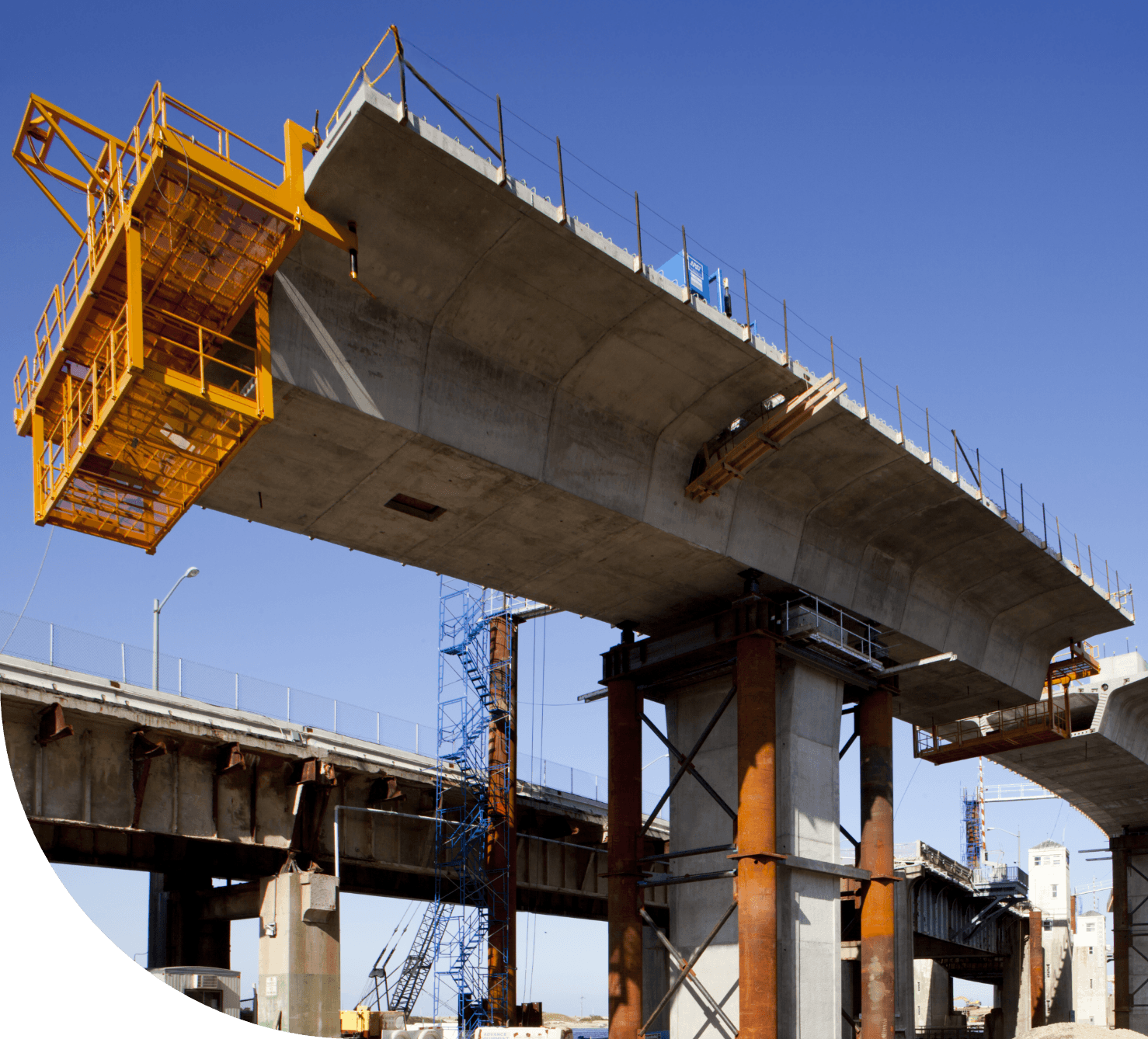
The Impact of Government Infrastructure Spending on the Surety Market
From large-scale federal initiatives like the Infrastructure Investment and Jobs Act (IIJA) to state-level funding packages, infrastructure investments have a direct and measurable impact on surety demand, underwriting activity, and contractor readiness. As government dollars flow into roads, bridges, water systems, and energy projects, the surety market feels the ripple effects in real time.
A Surge in Bond Demand
Public infrastructure spending translates almost immediately into more bonded projects. Every contract issued by a federal, state, or local government agency typically requires performance and payment bonds under the Miller Act or its state equivalents. This creates a surge in demand for bonding capacity, especially among small and midsized contractors eager to participate in public work. For surety carriers, this wave of activity represents both opportunity and responsibility by expanding market share while maintaining underwriting discipline amid heightened volume.
Capacity, Competition, and Contractor Readiness
Periods of heavy government spending often expose capacity constraints. Contractors that have relied on private or commercial work may seek to qualify for public projects for the first time, testing the limits of their financial statements, backlogs, and bonding programs. Surety underwriters must balance a supportive posture helping qualified contractors grow against prudent risk management. Agents and carriers that take a proactive role in guiding contractors can position both themselves and their clients for long-term success.
At the same time, competition among carriers tends to increase. As infrastructure budgets expand, new entrants and smaller sureties often step into the market, eager to capture business. Established carriers with experienced underwriting teams and deep contractor relationships have an advantage: the ability to evaluate growth opportunities without sacrificing stability or standards.
Inflation, Interest Rates, and Cost Pressures
Infrastructure investment also amplifies broader economic dynamics. Material and labor shortages, rising interest rates, and supply chain delays can affect project profitability, and, by extension, surety loss ratios. The most resilient contractors are those with disciplined bidding practices, diversified revenue streams, and strong working capital. Surety carriers are watching these indicators closely, adjusting their underwriting criteria and loss control practices to account for evolving conditions.
A Long-Term View of Opportunity
The surety market has always been cyclical, but government infrastructure initiatives create unique periods of expansion and innovation. Carriers that invest in analytics, contractor education, and efficient digital underwriting tools can process increased volume without compromising quality. For agents, it’s an ideal time to deepen relationships with both contractors and underwriters translating policy shifts into actionable strategy.
Let’s Get to Yes
As infrastructure investment gains momentum, the right surety partner can help you make the most of new opportunities. Gray Surety works with contractors to expand bonding capacity, strengthen financials, and prepare for public projects with confidence. Connect with our team to build — and bond — for what’s next.